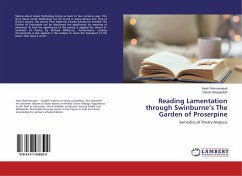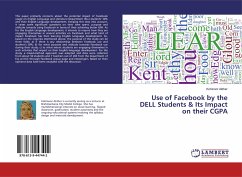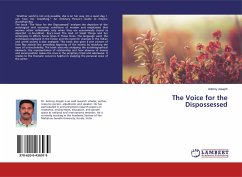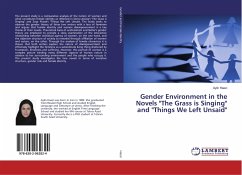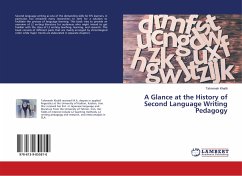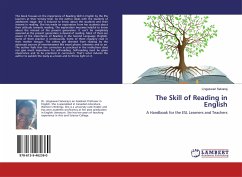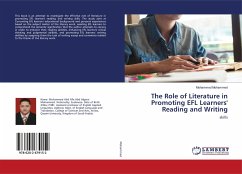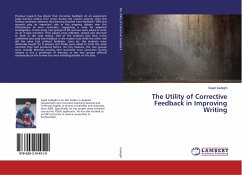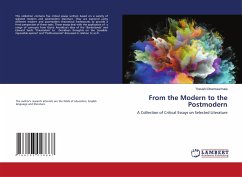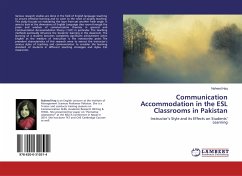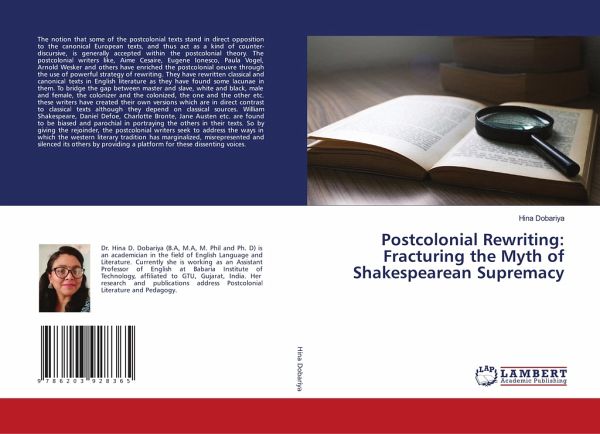
Postcolonial Rewriting: Fracturing the Myth of Shakespearean Supremacy
Versandkostenfrei!
Versandfertig in 1-2 Wochen
36,99 €
inkl. MwSt.

PAYBACK Punkte
18 °P sammeln!
The notion that some of the postcolonial texts stand in direct opposition to the canonical European texts, and thus act as a kind of counter-discursive, is generally accepted within the postcolonial theory. The postcolonial writers like, Aime Cesaire, Eugene Ionesco, Paula Vogel, Arnold Wesker and others have enriched the postcolonial oeuvre through the use of powerful strategy of rewriting. They have rewritten classical and canonical texts in English literature as they have found some lacunae in them. To bridge the gap between master and slave, white and black, male and female, the colonizer ...
The notion that some of the postcolonial texts stand in direct opposition to the canonical European texts, and thus act as a kind of counter-discursive, is generally accepted within the postcolonial theory. The postcolonial writers like, Aime Cesaire, Eugene Ionesco, Paula Vogel, Arnold Wesker and others have enriched the postcolonial oeuvre through the use of powerful strategy of rewriting. They have rewritten classical and canonical texts in English literature as they have found some lacunae in them. To bridge the gap between master and slave, white and black, male and female, the colonizer and the colonized, the one and the other etc. these writers have created their own versions which are in direct contrast to classical texts although they depend on classical sources. William Shakespeare, Daniel Defoe, Charlotte Bronte, Jane Austen etc. are found to be biased and parochial in portraying the others in their texts. So by giving the rejoinder, the postcolonial writers seek to address the ways in which the western literary tradition has marginalized, misrepresented and silenced its others by providing a platform for these dissenting voices.



